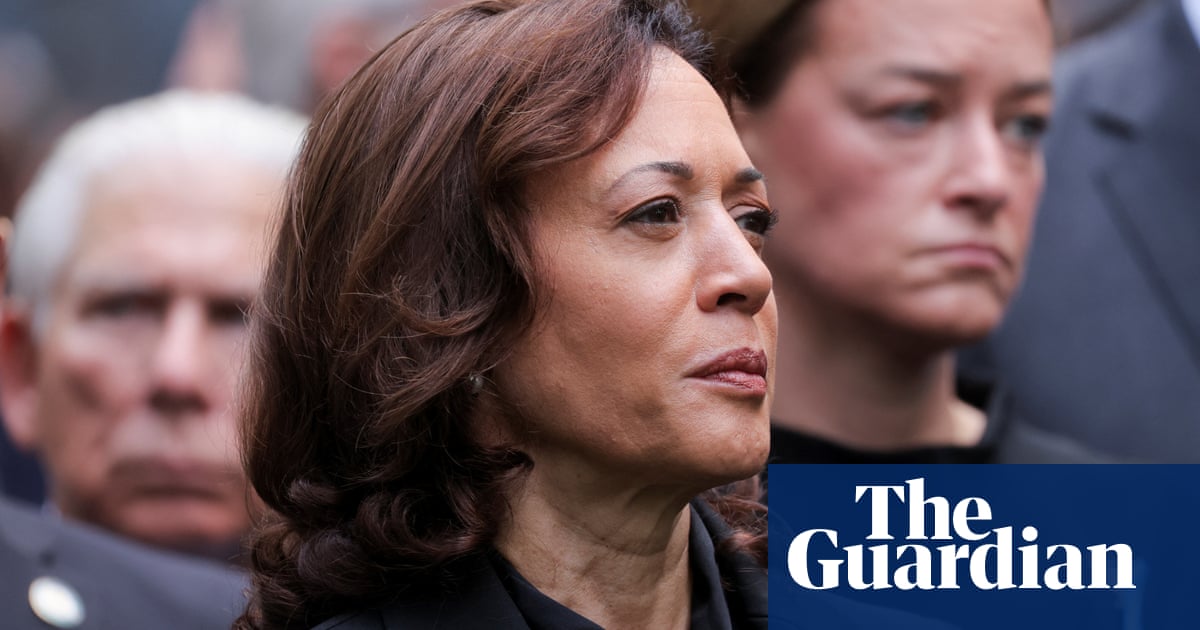Effort continues administration’s work to prevent mass shootings and homicides that primarily affect Black and Latino communities
The Biden administration has announced the nation’s first federal Office of Gun Violence Prevention. In a statement released Thursday, the White House said the office will be overseen by Kamala Harris’s office, directed by Stefanie Feldman, a longtime Biden gun policy adviser, and deputy-directed by Greg Jackson and Rob Wilcox, who have led national prevention efforts through the Community Justice Action Fund and Everytown for Gun Safety respectively.
The creation of this office is a continuation of the administration’s work on preventing high-profile mass shootings and local homicides that primarily affect lower-income Black and Latino communities.
“In the absence of that sorely-needed action, the Office of Gun Violence Prevention along with the rest of my Administration will continue to do everything it can to combat the epidemic of gun violence that is tearing our families, our communities, and our country apart,” Biden said in the announcement.



You don’t think people who have experienced life from a completely different perspective have a different perspective of the way policy can have different impacts on various groups of people?
Take a minute to really think deeply about that. In America, do white and black people have the same approach to interactions with police officers? In America, do women walking home alone from work at night have the same concerns for safety as men?
To make it really simple, do people in wheelchairs have the same experience getting on a city bus as people not in wheelchairs?
You don’t think that differences in experience inform the way people approach problems and solutions? Would an engineer have the same approach to generating electric as a nuclear scientist?
Would an urban mayor approach city planning the same way a rural mayor would? How would their approaches differ, and why? Would the experiences and needs of each community be different? Who would the mayors seek as subject matter experts in the case of urban planning, and of rural? What would inform their choices about who to seek out as experts?
If any of the above are true, then why wouldn’t the race or sex of a leader make a difference in policy development?
This is basically how I try to explain to people when they say there’s no such thing as white privelige. They usually don’t think about the simple interactions such as getting pulled over and stuff. They just always think of it as they never got ahead in anything just for being white and it’s way more complex than that.
The wheelchair on a bus problem is a fairly clear example of where perspective and experience matters. It’s also a thing that you don’t really think about unless you’ve had lived or shared experience.
The same can be said about designing a doorway. How wide should the doorway be? Some might cite code for 32", but not know why the code requires that width, while others might say some number less than that based on their own perception of the doorway problem.
Likely, the only people who will answer “At least 32 inches to accommodate wheelchairs access” are people who have lived or shared experience with wheelchair accommodations, or have some expertise that would make them a subject matter expert in ADA compliance.
And if things are this muddy for the width of a doorway, imagine how complex it gets for things like gun violence prevention.